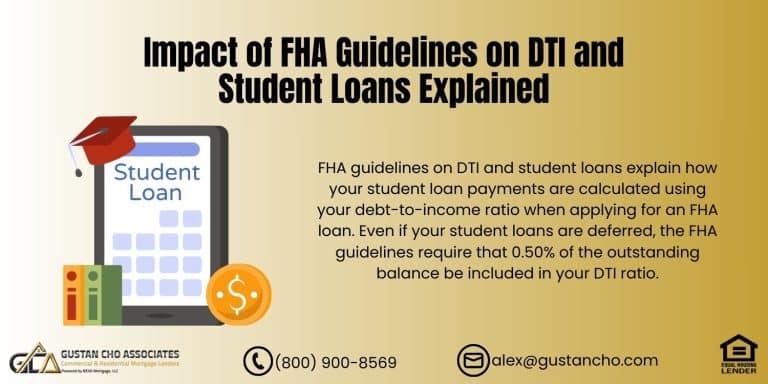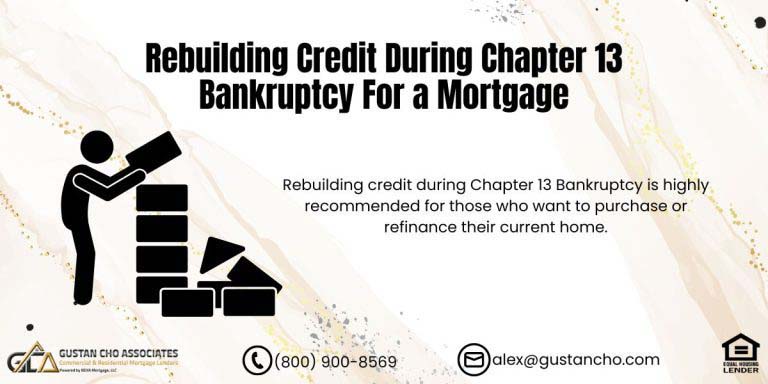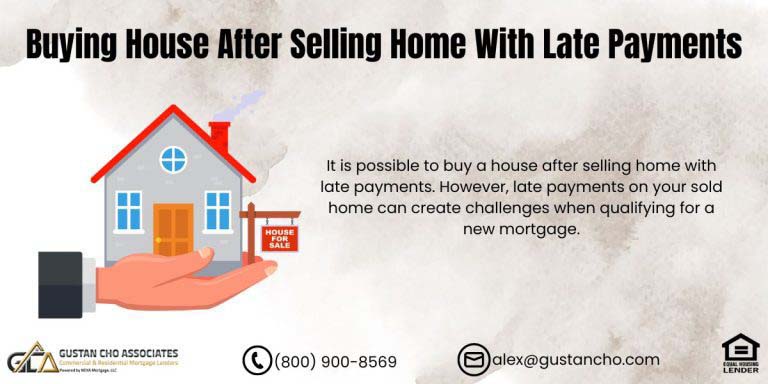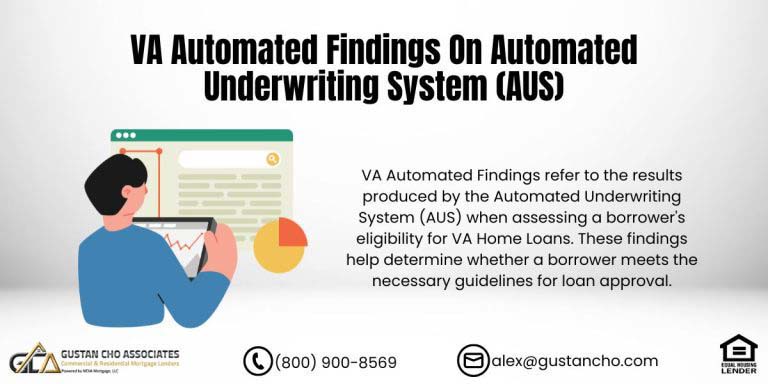In this guide, we will cover what is lender-paid mortgage insurance on conventional loans. Lender-paid mortgage insurance is also referred to as LPMI. Lender-paid mortgage insurance applies to Conventional loans only. Private Mortgage Insurance is required for all Conventional loans with less than a 20% down payment. This blog will cover the answer to what is lender-paid mortgage insurance on conventional loans. We will discuss what is lender-paid mortgage insurance options on conventional loans.
Conventional loans are not backed by a government agency like FHA, VA, or USDA loans. Therefore, conventional loans require private mortgage insurance for borrowers who have higher than 80% loan-to-value. Private mortgage insurance can be expensive on conventional loans versus FHA’s 0′.55% annual mortgage insurance premium.
My people do not know what is lender-paid mortgage insurance on conventional loans is. The answer what is lender-paid mortgage insurance on conventional loans is a one-time private mortgage insurance premium that is paid upfront. By paying the one-time large PMI, the borrower does not have to pay the annual private mortgage insurance.
Understanding What Is Lender-Paid Mortgage Insurance
Borrowers do not have to pay private mortgage insurance premiums on conventional loans if they choose a product called Lender-paid mortgage insurance. Lender-paid mortgage insurance is also known as LPMI. John Strange, a senior loan officer and VA loan expert explains what is lender-paid mortgage insurance as follows:
LPMI is a one-time upfront private mortgage insurance premium borrowers can pay and not be charged an annual mortgage insurance premium. It is similar to the one-time 1.75% upfront FHA mortgage insurance premium HUD charges.
HUD, the parent of FHA, has a mandatory one-time FHA MIP and an annual 0.85% mortgage insurance premium for the life of a 30-year fixed-rate FHA loan. Borrowers who choose lender-paid mortgage insurance do not have to pay monthly PMI or private mortgage insurance premiums. In this article, we will cover and discuss what is lender-paid mortgage insurance on conventional loans and how it works.
What Is Lender-Paid Mortgage Insurance on Conventional Loans
Two types of mortgage insurance premiums are required with FHA loans—a one-time upfront FHA mortgage insurance premium of 1.75%. The second type of mortgage insurance is a lifetime annual mortgage insurance premium for the life of a 30-year fixed-rate FHA loan.
The annual FHA MIP is 0.55% of the FHA loan balance. Annual FHA MIP is divided up into 12 payments. The annual 0.55% FHA MIP is part of borrowers’ monthly mortgage payments. With Conventional loans, the private mortgage insurance premium is not required for borrowers who put 20% or more down payment.
However, the private mortgage insurance premium is required for any home buyers who purchase a home with a Conventional Loan but put less than a 20% down payment. There is no fixed percentage on private mortgage insurance premiums. Many factors affect how much the private mortgage insurance premium will be priced. Private mortgage insurance on conventional loans is based on the borrower’s credit scores, the type of property, the loan amount, the loan to value, and the property’s location.
How Does Mortgage Insurance Work on Conventional Loans
Private Mortgage Insurance aims to protect lenders if the borrower defaults. If the property goes into foreclosure, the mortgage insurance company covers lenders on the loss. HUD requires FHA mortgage insurance premiums to insure lenders if borrowers default on their loans.
Without the borrower putting a substantial down payment, lenders are at risk if the borrower defaults and the property is foreclosed. Mortgage Insurance protects the lender from losses if the borrowers default on their loan.
Mortgage insurance is required for all Conventional Loans where the loan to value or LTV is greater than 80% LTV. The borrowers pay the cost of private mortgage insurance. The mortgage insurance is added to the borrower’s mortgage loan payment.
How Does LPMI Work?
Many borrowers do not like that they need to make an added payment to their monthly mortgage payment, such as private mortgage insurance. Lender-Paid Mortgage Insurance is an option conventional mortgage borrowers have. LA frequently asked question at Gustan Cho Associates is what lender-paid mortgage insurance is. Lenders-paid mortgage insurance has been launched to satisfy borrowers who do not want to make that extra monthly payment on top of their regular mortgage payment.
Lenders require private mortgage insurance from borrowers on conventional loans who do not have at least 20% equity. LPMI can cost quite a bit. The amount depends on the borrower’s credit and other factors.
Lenders can pay the LMPI in one lump amount when the Conventional loan closes. Borrowers no longer need to worry about paying monthly private mortgage insurance premiums if they have LPMI.
Types of Mortgage Insurance
Below, we will cover what is lender-paid mortgage insurance on conventional loans. There are two types of Lender Paid Mortgage Insurance. The borrower can pay upfront lender-paid mortgage insurance. The one-time upfront private mortgage insurance premium can be paid with seller concessions. The lender can give a lender credit and cover lender-paid mortgage insurance. Lenders cover this type of LPMI. Borrowers do not have to pay any monthly private mortgage insurance premium. However, nothing is free in the mortgage world. The lender pays the monthly LPMI premium instead of a higher mortgage rate charged to the Conventional Loan borrower. Lender Paid Mortgage Insurance is available for borrowers with at least a 680 credit score.
Lender-Paid Mortgage Insurance Versus Borrower Paid Mortgage Insurance
What is lender-paid mortgage insurance versus borrower-paid mortgage insurance? We have covered what LPMI is. Now, what is Borrower Paid Mortgage Insurance? This is what the borrower is. The borrower pays annual private mortgage insurance if the loan’s value exceeds 80%.
Private mortgage insurance will terminate automatically once the loan to value of the conventional loan hits 78% LTV. Borrowers can request to remove the private mortgage insurance at 80% LTV. Borrowers who feel their homes are appreciated substantially and have more than 20% equity can request an appraisal.
If f they have sufficient equity, their private mortgage insurance will be removed. A one-time upfront private mortgage insurance premium is expensive. It can be more than 2% of the loan amount. Lender Paid Mortgage Insurance is not free, and LPMI is offered instead of higher mortgage rates. Rates can be somewhat higher if the mortgage insurance is factored into the mortgage rates.
Lender-Paid Mortgage Insurance: How to Avoid FHA Mortgage Insurance Premiums
Lender-paid mortgage insurance, also known as “LPMI,” is where a borrower does not have to pay private mortgage insurance on conventional mortgage loans that have a higher than 80% loan-to-value ratio.
Borrowers need to pay a 0.85% FHA mortgage insurance premium on the balance of their mortgage loan every year for the duration of their FHA loan. But they can eliminate this monthly mortgage insurance premium by refinancing their FHA into a conventional lender-paid mortgage insurance loan if they have greater than an 80% loan to value.
Lender-Paid Mortgage Insurance Conventional Mortgage Program
Conventional loans generally have higher credit requirements than the credit requirements of FHA loans. And the rates on conventional mortgages are also higher than the FHA-insured mortgage rate. Conventional mortgage loans are credit-sensitive, unlike FHA loans. The higher credit scores are, the lower mortgage rates tend to be. To get the best conventional mortgage rates on the market, the mortgage loan borrower needs a credit score of over 740.
Two Types of LPMI
There are two types of conventional LPMI programs.
The first conventional LPMI program is where there are no fees or up-front mortgage insurance costs, but the mortgage rates are about 0.50% higher than regular conventional mortgage rates.
The second type of lender-paid mortgage insurance program is where the borrower gets the same par conventional mortgage rates but they are charged an up-front mortgage insurance premium. The up-front mortgage insurance premium can be paid by a seller’s concession on purchase transactions.
Understanding Borrower Versus Lender-Paid Mortgage Insurance
Borrower-paid mortgage insurance is like the annual FHA mortgage insurance premium. It is part of the borrower’s monthly mortgage payment. The great news is that borrower-paid mortgage insurance is not required for the lifetime of the loan term like FHA loans. It can drop off when your mortgage loan gets down to 78% loan-to-value
There are a lot of variables on which private mortgage insurance plan is best for borrowers. Discuss it with a loan officer. See what mortgage insurance program is best suited to you depending on how long you plan on keeping your home.
Gustan Cho Associates is a mortgage company licensed in multiple states with no lender overlays on government and conventional loans. We are experts in helping borrowers with the various private mortgage insurance options on conventional loans. We always look out for the best net tangible benefits for our clients.










